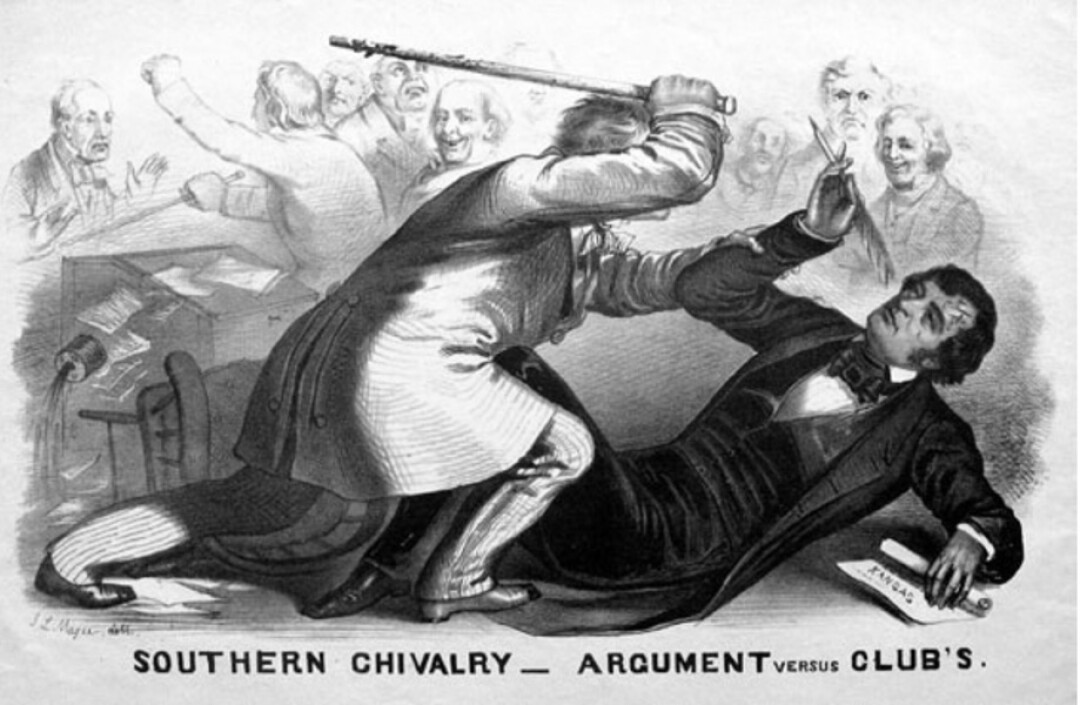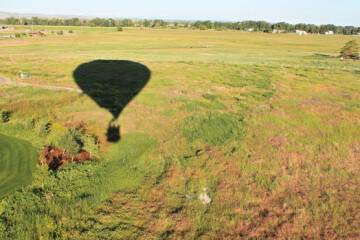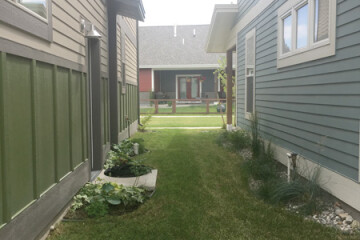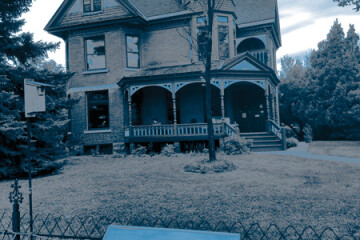What's Your Beef? That’s Debatable
George McGovern was a former Democratic presidential candidate and senator from 1963 to 1981, who passed away in 2012. Before that, he served in the U.S. Air Force during WWII, where he met and befriended another future senator and presidential candidate, Bob Dole. The two remained close friends for the rest of their lives despite holding opposing political views and being members of opposing political parties. Bob Dole was even somewhat personally responsible for tanking McGovern’s presidential bid as chairman of the Republican Party at the time. After both senators retired from public service, they got together to fight for a cause they both believed in, which was helping eliminate hunger in the US and around the world. After McGovern’s death in 2012, Bob Dole wrote an opinion piece in The Washington Post saluting McGovern and describing what an amazing person he was.
So, what was the point of the history lesson? Well, can you imagine any of our major political leaders today doing the same? Can you imagine Mitch McConnell writing something similar about Nancy Pelosi, or vice versa? We, and I mean the entire country in general, seem to have lost the ability to disagree with someone on almost every issue while continuing to view them as a human being. Meaningful debate and discussion have been replaced with vitriol and slander. Compromise is virtually nonexistent and both sides seem to view every issue as a zero-sum game where your side winning is more important than the actual results. We can’t even agree on what basic facts are true anymore. Before I move on, I want to point out that this isn’t a new issue. Even though I am using Congress as the example here, this is not just an issue with our politicians. This issue has bled over to just about every community in the country. While electing President Trump certainly pushed these issues into the spotlight, meaningful debate was breaking down long before this.
It would be easy to simply blame social media for the downfall of honest debate and tolerance for opposing viewpoints, but the truth is that this isn’t a new issue. In fact, the example that I started with is an exception and not a rule, as both parties shared mutual respect for one another. Moreover, during the 1800s it was common in the US for congress members to physically attack each other, so much so that cartoonists regularly drew cartoons on the subject. This time period eventually led to our Civil War and these episodes of violence were a symptom of a deeply divided nation. Fighting over political differences is prevalent throughout world history as well. Having said all this, I do believe that social media makes these issues much more obvious and wide-spread and makes it MUCH easier to dehumanize someone you disagree with.
Currently, I believe that the hostile political landscape is also a symptom of larger issues in the country that are beyond the scope of this opinion piece. Even though it can seem pointless and daunting to try and fix huge issues and divides in our current culture, the change HAS to come from somewhere. If just a few people reading this take the lessons to heart and go out of their way to talk with (and learn from) others with opposing viewpoints, and those few people pass along those lessons to a few others that would be enough to create real change.
So, what can we do as an individual? Well first off, we need to try to seek out those who we know are on the other side of the political divide. This could be a relative, friend or a co-worker (although be cautious bringing up politics at work) and talk to them face to face and really listen. Don’t try to convince them how wrong and incorrect they are and don’t argue against their points, just listen and ask questions to learn just why they believe what they believe. Try to respect their opinion and how they came to it, even if you don’t agree. Once you have built up a relationship with mutual respect it is much easier to actually debate about your opposing viewpoints and doing it face to face instead of online forces us to view the other person as a human instead of just some disembodied voice. There have been numerous studies that show face-to-face interactions are much more likely to change opinion than social media interactions. Also try to go into any debate with the right mindset. You shouldn’t be doing it to win but to become more informed. Healthy debate will help you learn about what the other person believes and will help you temper your own views. I would go so far as to say that the only way to really win a debate is to have your own mind changed.
Face-to-face interactions are best but obviously we live in a modern digital world and interactions on comment threads are far more common. From my experience, any debates online just tend to devolve into both sides repeating the same things in slightly different ways. Just try to remember when arguing on social media that there is a real human being on the other side whose feelings and opinions are just as complex as yours. My general rule of thumb is to never say anything that I wouldn’t say in person. Finally, never, either online or in person, resort to personal insults or belittlements even if the other person starts it. It will only make the other person even more defensive and unwilling to listen. It won’t help anything.
Recently, I decided to take action to help promote face-to-face discussion and started a local debate club (the first rule is you talk about debate club) to discuss hot-button issues over dinner or at other venues. We currently have about 30 members and are always looking for more, so if you are interested check us out at: https://www.facebook.com/groups/bozemandebate/ .
So, get out there, find someone with opposing opinions, and learn something new! Worst case you learn some valuable insight into your own viewpoints, and best case you follow in the footsteps of George McGovern and Bob Dole and make a close, life-long friend.
Stone Edwards moved to Montana when he was about 5 years old and has lived in multiple MT towns since. He is an IT Tech at a local clinic and is just trying to make a difference.





